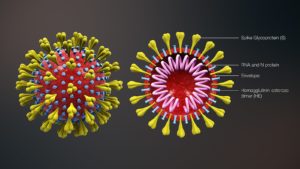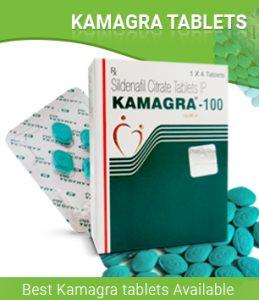Myths about Coronavirus
You wouldn’t be human if you didn’t occurrence some fears about the Corona Virus or Covid-19. There are enormous reasons why anxiety concerning this disease is scattering throughout the world and the major cause of this is the lack of information concerning this illness.
To disrupt anxiety when a situation like this occurs one can apply a few appropriate steps to make living through this epidemic an easier journey.
Accurate information is a key part of keeping our communities. There are many myth busters about coronavirus.
1. Sesame oil, garlic, saline can prevent coronavirus infection.
2. The COVID-19 (coronavirus) is main-made.
3. Pets can become infected by a coronavirus.
4. Alcohol or chlorine can kill the new virus called COVID-19.
5. It spreads from the products and packages from China.
6. You can get coronavirus if you eat at chinese restaurant.
What is coronavirus?
A coronavirus is a family of viruses that is found in animals and, rarely, can be transmitted from animals to humans and then increase person to person. In addition to COVID-19, other human coronaviruses have integrated:
-The MERS virus.
-The SARS virus.

We are all together during this time but in order to maintain peace of mind, you might find the following helpful:
1- Knowledge is Power- Listen or tune into reliable news sources and follow the advice for maintaining your health.
2- Enhance Immune System- Eat well and steer clear of a junk food diet.
3- Exercise- Move off the restless energy and continue moving in fresh air and sunshine, minus crowds of people. This will improve endorphins, raise Serotonin (the feel-good chemical) in the brain and lift your spirits. It will also calm down an overactive mind. Leave the worrying head inside when you go for a walk.
4- Logic and Common Sense- Being cautious is fine and especially in this case. Take moments during the day and remind yourself that you are doing all that is necessary and anxious worry serves little purpose.
5- Look Out for Others- During a difficult public health crisis, the elderly often require extra health. By offering a helping hand, you pull yourself out of your own head and this is therapeutic in itself.
6- Music, Hobbies and Calming Activities- Quiet your mind through anything that interests you and pulls you out of worried, panic mode. Lose yourself in things that pull you out of your own worrying head. Meditation is always helpful, along with yoga.
7- Make Smart Choices- Use your logical mind to select activities that make sense to you.
8 – Communicate- Keep in touch with good friends and family. Even if you can’t be together, there is always online ways to connect, through chatting or face to face interaction. Making the best out of a difficult situation takes a little ingenuity but helps keep the stress chemicals from releasing and results in a calmer mind and body.
Most of all, remember that you are not alone. Nothing you are going through is different or unusual than anyone else.
What are the signs and symptoms of a coronavirus?
Symptoms of COVID-19 range from mild to severe. It takes 2-14 days after contact for symptoms to develop.
Following are the symptoms:
-Fever
-Cough
-Shortness of breath
-Sore throat
The weakened immune systems may develop severe symptoms, like pneumonia or bronchitis.
How is a coronavirus diagnosed?
If you consider you have COVID-19, you should contact your family doctor right away. Before visiting the doctor, call with your concerns. To analyze, your doctor may run tests to rule out other common infections. In some cases, your doctor may suggest you self-isolate to avoid the infection.
What is the Treatment of Coronavirus?
Presently, there is no vaccine or treatment for COVID-19. If you are having trouble breathing, seek out the medical care immediately.
When possible, avoid social gatherings with others when you are sick. If you have COVID-19, always wear a facemask to prevent spreading the virus.
Can a coronavirus be prevented or avoided?
Try to avoid sick people or meeting in large groups.
Cover your mouth with a tissue or cover with your elbow. Do not cough into your hands.
Frequently, wash your hands with soap and water for at least 20 seconds, especially after going to the bathroom, after blowing your nose, before eating, coughing, or sneezing. On the other hand, use an alcohol-based hand sanitizer.
Author:
Reviewed By:
Editorial Process:
Original Publication Date:
Last Review Date:
Next Scheduled Review:
Disclaimer:
 +44 744-8434-917
+44 744-8434-917







